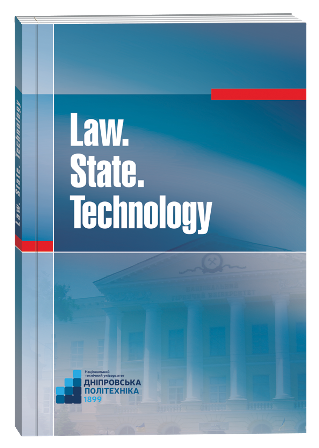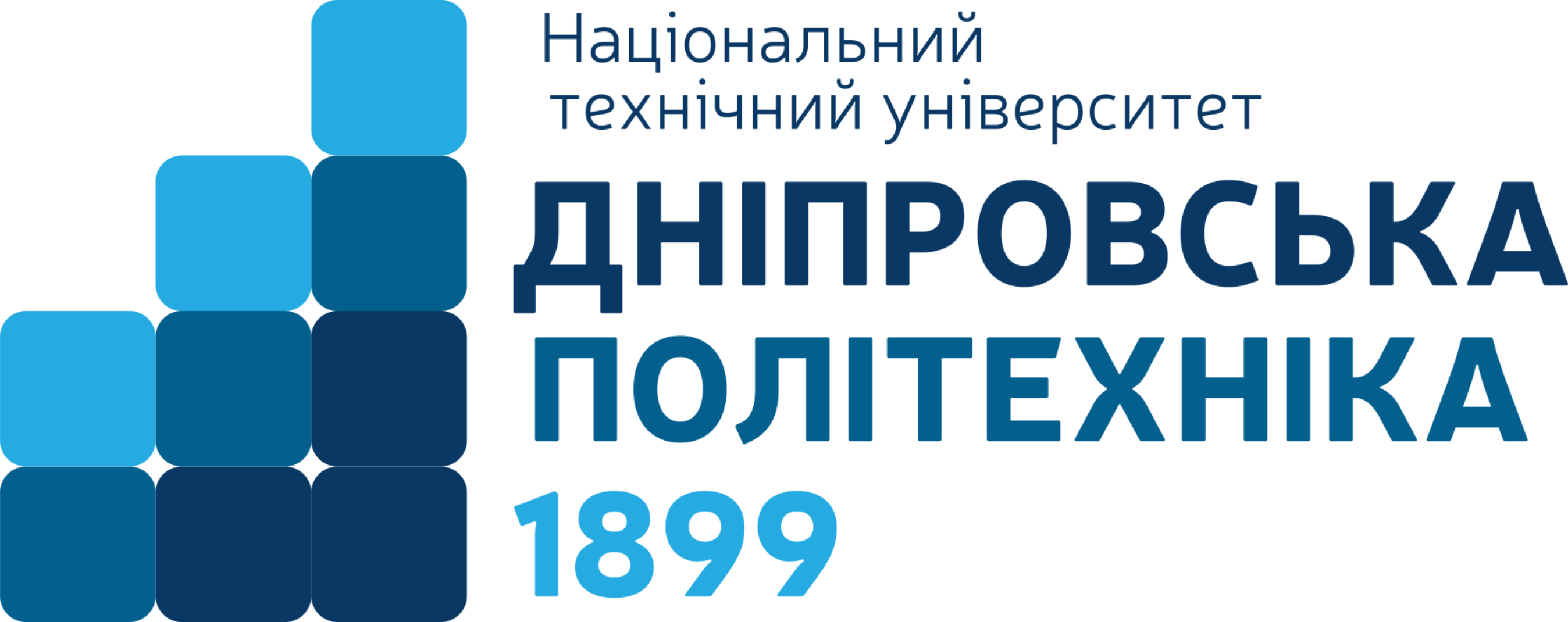DEVELOPMENT OF METHODOLOGICAL APPROACHES TOWARDS WAR AND PEACE IN THE CONTEXT OF MODERN INTERNATIONAL DEVELOPMENT TRENDS
DOI:
https://doi.org/10.32782/LST/2021-3-20Keywords:
armed conflict, determinants of military threat, concepts of peaceful coexistence, levers of international influence, paradigms of international relations.Abstract
The methodological approaches of research of the known theories of war and peace in the plane of possible adaptation of their positions to the modern tendencies of development of international relations are offered in the article. The proposed methodological approaches are based on two main aspects, namely: each of the known theories of war and peace, as part of a paradigm of international relations, has certain theoretical views on the order of the world order and defines the state and dynamics of the development of international relations as a militarysocial, and the legal environment that can generate certain factors of both military threat and peaceful coexistence; notwithstanding the fact that each of the known paradigms is not a completely identical model of interpretation of reality and does not determine the only sure way to prevent armed conflict. Systematization of relevant provisions according to a certain system of criteria, allows to adapt the theoretical concepts of the known paradigms of international relations on the threat of war and the possibility of peace, to the peculiarities of the current stage of development of international relations in order to predict possible situations of armed confrontation, their causes, possible measures and instruments of elimination. The purpose of the article is to develop methodological approaches to the study of the known paradigms of international relations in the context of war and peace and the possibilities of adapting their theoretical concepts to current trends in the development of international relations. Methodological approaches allow to direct the processes of research, forecasting and assessment of situations of armed confrontation at the present stage of development of international relations, based on the theoretical basis of the known paradigms of international relations. The scientific novelty is that the researches presented in the article allow to offer methodological approaches as theoretical and methodological tools of research and definition of possibilities of application of achievements of known paradigms of the international relations concerning a state of war and the world in the modern international environment. In conclusion, the problem of prevention or localization of armed conflicts in the modern international environment, to a large extent, can be solved based on theoretical achievements in the situation of war and peace of the known paradigms of international relations. To outline these achievements in terms of adapting them to the current state and dynamics of international relations allow methodological approaches, which are given in the article.
References
Woolf L. International Government, New York : Brentano's, 1916, Pp. 412.
Dickinson G.L. The International Anarchy, 1904 – 1914, London : Allen & Unwin, 1926, P. 481.
Clark G., and Sohn B.L. World Peace through World Law. Two Alternative Plans, Cambridge : Harvard University Press, 1966, Pp. 535.
Zimmern A. The League of Nations and Rule of Law, 1918 – 1935, London : Macmillan and Company, 1936, Pp. 527.
Kant I. Perpetual Peace : A philosophical essay, Translated with introduction and notes by M. Campbell Smith, New York : The Macmillan company, 2016, Pp. 204.
Keohane R.O. and Nye J.S. Pover and Interdependence: World Politics in Transition, Boston : Little, Brown and Company; Underlining edition, 1977, Pp. 287.
Zacher M. and Matthew R. Liberal International Theory. Common Threads, Divergent Trends. Controversies in International Relations Theory : Realism and the Neoliberal Challenge, New York: St. Martin’s Press, 1995, Pp. 107–150.
A. Moravcsik. Taking Preferences Seriously : A Liberal Theory of International Politics, International Organization, Vol. 51, N 4, pp.513–530, Autumn 1997.
Rosenay J.N. and Czempel E.O. Governance without Government : Order and Change in World Politics, Cambridge : Cambridge University Press, 1992, Pp. 324.
Carr E.H. The Twenty Years Crisis 1919 - 1939. An Introduction to the Study of International Relations, London : Harper Perennial, 1939, Pp. 244.
Morgenthau H. Politics Among Nations. The Struggle for Power and Peace, New York : Alfred A. Knopf, 1973, Pp. 618.
Waltz K. Theory of International Politics. Reading, Massachusets : Addison–Wesley, 1979.
Huntington S. The Clash of Civilizations? Foreign Affairs, Council on Foreign Relations, Vol. 72, N. 3 pp. 22–49, Summer 1993.
Маркс К., Энгельс Ф. Коммунистический манифест. Москва : Прогресс, 1969. С. 137.
Prebisch R. Toward А New Trade Policy for Development, Report of the Secretary-General of UNCTAD, New York : United Nations, pp. 20–25, 1964.
Cardoso F.H. and Faletto E. Dependence et developpement en Amerique Latine, Paris : PUF, 1978, Pp. 222.
Cox R. Civil society at the Turn of Millennium : Prospect for an Alternative World Order, Review of International Studies, Vol 25, N 1, pp. 5–29, January1999.
Gill S. Reflexion on Global Order and Sociohistorical Time, Alternative, Vol. 16, N 3. pp. 275–314, July 1991.








